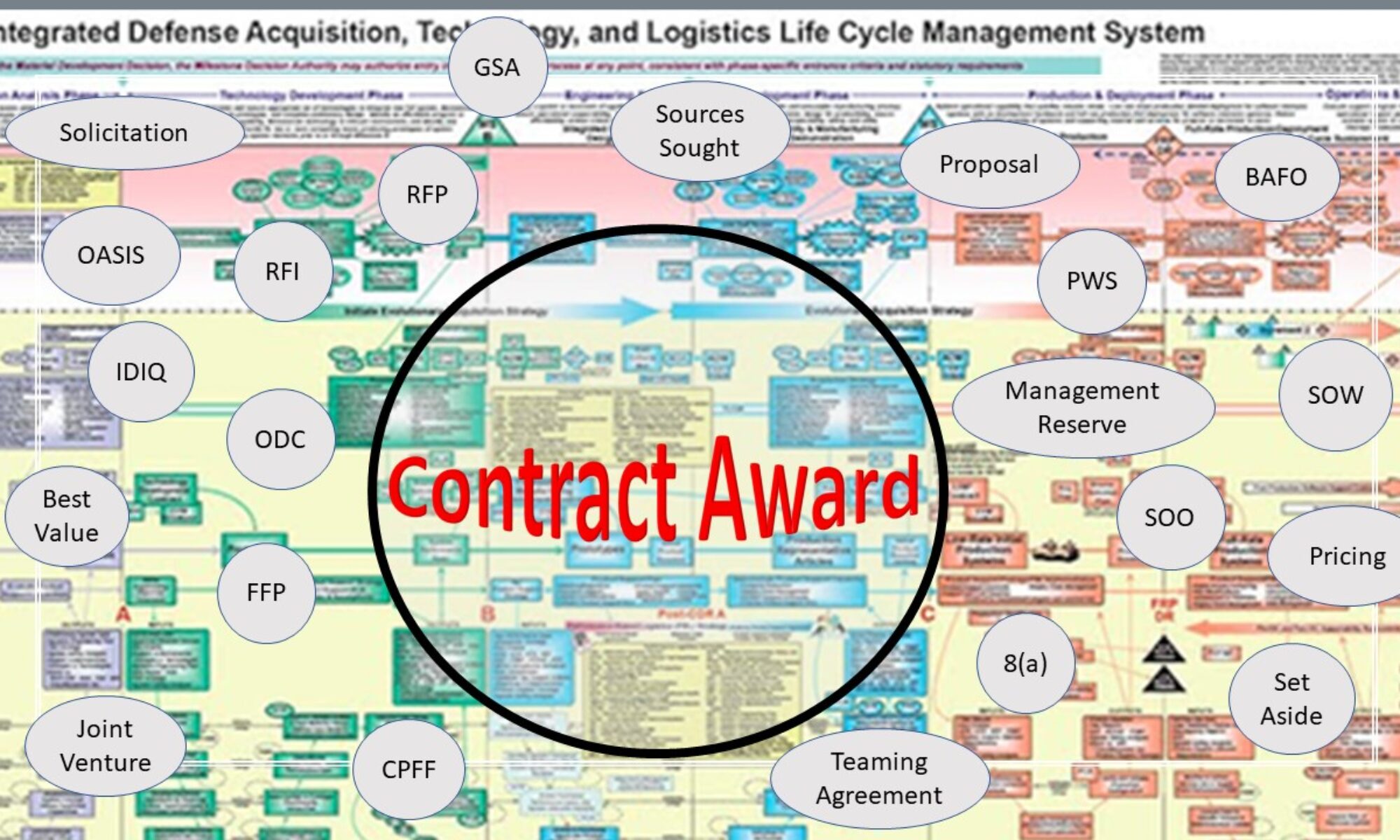There is a lot of talk about how to win Government contracts and how to get started in contracting, but you don’t see much being said about executing the contract once its awarded. I saw a recent reddit question about what to do when your supplier notifies you they can’t deliver according to the schedule you bid to the Government. So lets look at this question and see what the options are. To start with, based on the context and wording of the sentence, I going to assume this is a broker contracted to deliver a product to the government. Once the contract was awarded to the broker a PO was sent to the supplier who notified the broker they can’t meet the quoted delivery date.
The thing to remember is you accepted the contract so you are obligated to deliver to the government. Not your suppliers or anyone else. You alone. So this is your responsibility to resolve. Unfortunately, this happens more often than I would like to admit. So what do you do? Look at your contract to verify if their are any incentive or penalty clauses. A liquidated damages clause can really hurt.
First, you can’t automatically get mad at the supplier. You don’t know what circumstances may have changed from the time they quoted the product until you sent the PO. Talk to your supplier. Try to negotiate a solution. If they refuse to work with you in any way then its time to get mad. Don’t cancel the PO until you have a solution. You don’t want to cancel the PO then find out you have to re-issue the PO. That puts you in a really bad position. They could refuse the second PO.
Now it’s time to contact the Government. See what kind of relief they are willing to give. There is a negotiating tool call “Trade-Offs” where you give them something to gain some relief. You have to be creative. What can you give the Government that will allow them to give you some relief on the delivery date. Maybe you can offer a partial order on the expected date and discount the items delivered late.
The important things to remember are:
- You accepted responsibility for the contract which includes the performance of any suppliers and subcontractors
- The contract is the defining document. Verbal agreements with the Government don’t count. Any changes require a contract modification
- You performance on this contract WILL impact your award of future contracts. Your CPAR rating will reflect your performance and be considered during future contract awards
- You accepted the responsibility for the contract. The government expects you to uphold your responsibility. Remember, they can consider you a default on the contract and cancel it.

